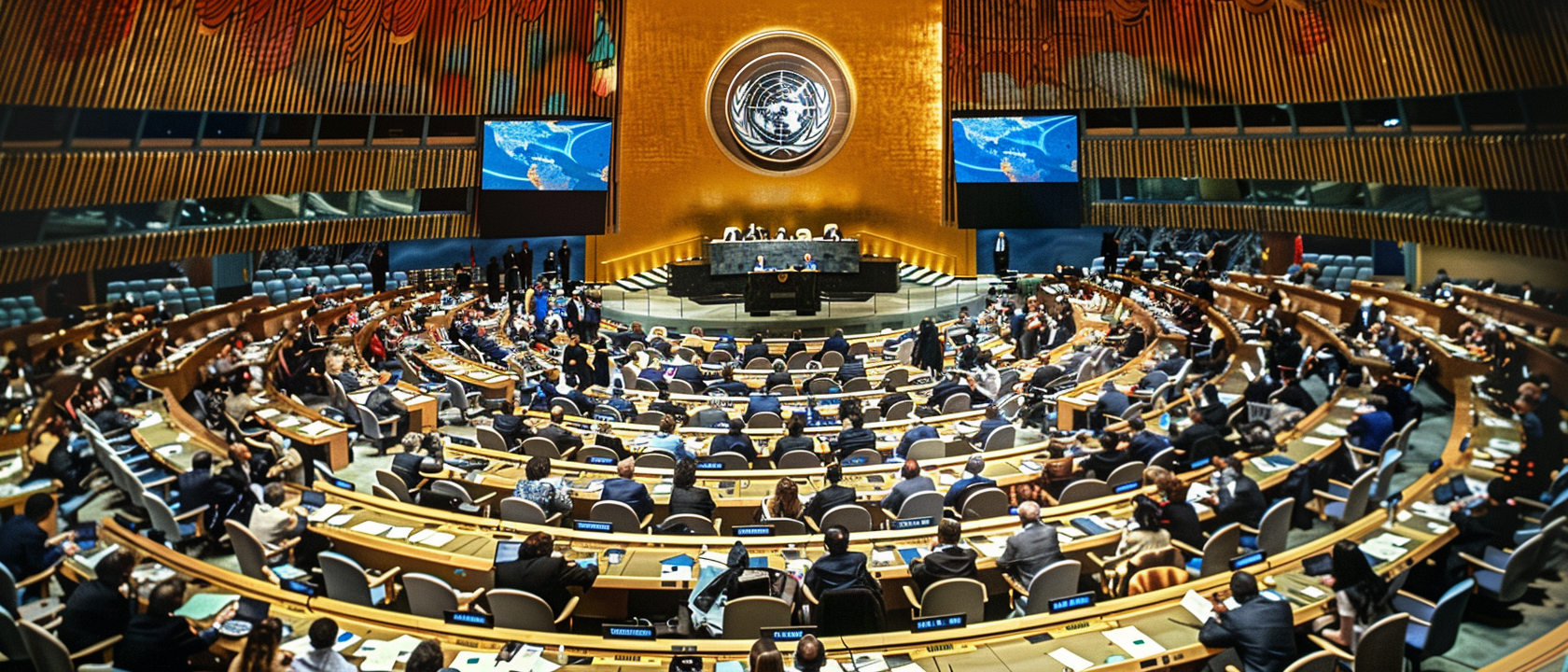

Critics slam the WHO's pandemic treaty for disregarding mistakes from COVID-19 and threatening civil freedoms.
The World Health Organization (WHO) is calling on the United States, alongside 193 other member states, to commit to a new international treaty regarding future pandemics. The treaty, which is expected to require funding of over $31 billion annually, has faced criticism from various quarters, particularly concerning the financial burden it would pose on lower-income countries.
The treaty appears to be an attempt to consolidate the approach taken during the Covid-19 pandemic without addressing the mistakes made during that period. According to the RealClearWire article, experts have pointed out that policies such as lockdowns, school closures, and vaccine and mask mandates, were implemented with an authoritarian slant, often sidelining scientific evidence and democratic processes.
The WHO's push for a swift commitment to the treaty has been met with resistance. Opponents believe that this move fails to acknowledge the need for a critical review of the actions taken during the Covid-19 pandemic. They argue that it is necessary to strike a balance between public health measures and the protection of civil liberties, in line with WHO’s own definition of health that encompasses physical, mental, and social well-being.
Furthermore, the proposed treaty includes provisions aimed at "combating misinformation," but critics, including Kevin Bardosh, Director and Head of Research at Collateral Global, and Jay Bhattacharya, a Professor at Stanford School of Medicine, express concern that this could lead to increased censorship and further infringement on freedom of speech.

The article also highlights the backlash faced by signatories of the Great Barrington Declaration, which called for a more targeted approach to the pandemic rather than widespread lockdowns. These individuals faced severe criticism and professional repercussions for their stance, which opponents of the new treaty view as an example of how dissenting voices have been silenced.
Proponents of the treaty argue that it serves as a guideline for countries to better prepare for and respond to pandemics without overriding national sovereignty. However, skeptics fear that the treaty could be used to legitimize and enforce controversial policies at the national level, without proper democratic oversight.